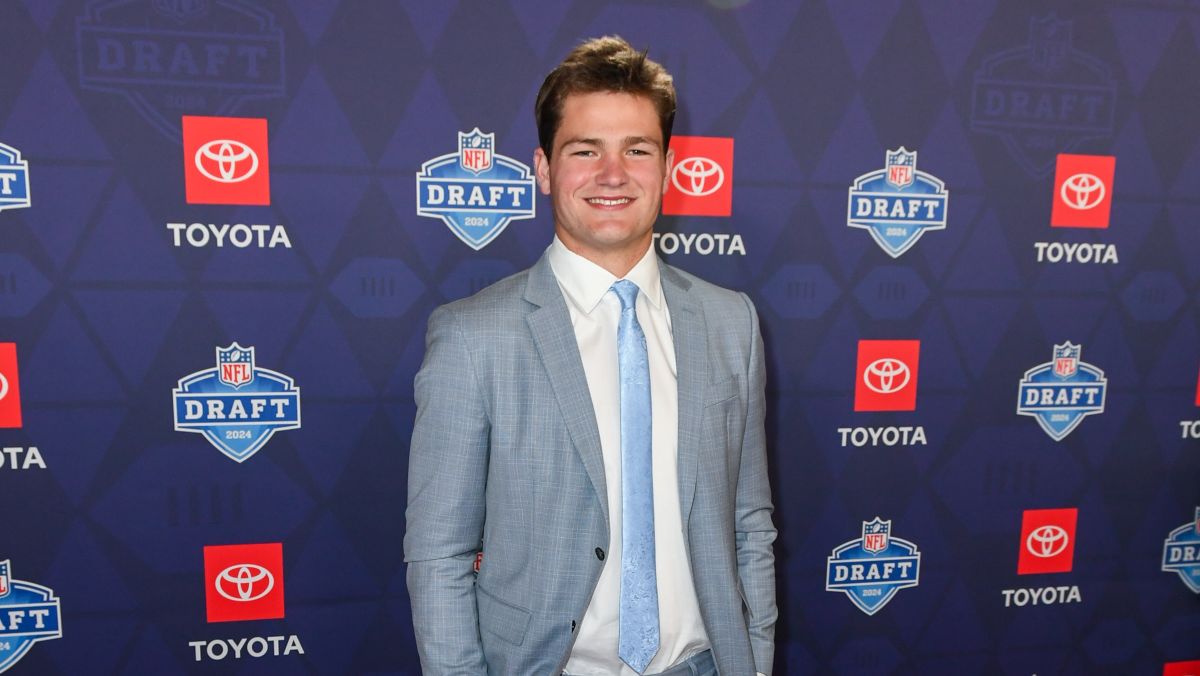Apple investors have speculated for years about the possibility that Apple could sell hardware, like the iPhone, on a subscription basis.
It’s been a hot topic of conversation among analysts because investors tend to value the predictability of recurring revenue.
Under the argument for an iPhone subscription, which some people call Apple Prime after the Amazon program of the same name, Apple would bundle hardware upgrades with services like iCloud storage or Apple TV+ content and hardware for a single monthly fee. This would let it switch iPhone sales from a transactional model to a subscription model, potentially driving the stock price up without having to increase product sales or prices dramatically.
During Wednesday’s earnings call, when analyst Toni Sacconagi asked about the idea of a prime subscription, Apple CEO Tim Cook did not shoot down the idea. In fact, he suggested that something like it was already in effect.
″In terms of hardware as a service or as a bundle, if you will, there are customers today that essentially view the hardware like that because they’re on upgrade plans and so forth,” Cook said during an earnings call. “So to some degree that exists today.”
Cook went on to say that Apple sees it as a major growth area, using bullish language.
“My perspective is that will grow in the future to larger numbers. It will grow disproportionately,” he continued.
Local
In-depth news coverage of the Greater Boston Area.
Laying the groundwork
As Apple often does, it’s been announcing smaller programs and services along these lines for years, laying the groundwork for a bigger move in this area.
In 2015, Apple started to let people pay for iPhones on a monthly basis instead of all at once, throwing in a warranty and upgrades as part of the deal. The iPhone Upgrade Program bundles Apple’s AppleCare warranty and up-to-date hardware. Users can upgrade to the newest iPhone after paying for 12 months.
In recent years, Apple has also heavily advertised trade-ins, like auto dealers. Customers buying a new iPhone from Apple can sell their old phone back to Apple for what effectively turns out to be a discount on a new model — Apple even advertised iPhone prices after a trade-in in stores and in marketing materials.
Apple markets the program as part of its environmental efforts, but it also creates an incentive for current iPhone owners to upgrade, and gets them accustomed to the idea of giving up their old iPhone in exchange for a new one -- just as they’d presumably have to do under a hardware subscription.
Execs say Apple’s trade-in program is growing at a furious pace.
“We also continued to see great results from our trade-in program with more than five times the iPhone trade-in volume we had a year ago,” Apple CFO Luca Maestri said.
There’s also a new program, announced by Cook on Wednesday’s earnings call, that will give people who use the Goldman Sachs Apple Card free interest for 24 months on iPhone purchases.
While other stores with branded credit cards have offered no-interest financing for big purchases in the past, Apple’s move immediately brought up thoughts of the long-rumored bundle. “Slowly but surely backing into those ‘Apple Prime’ offerings...” venture capitalist M.G. Siegler of Alphabet’s GV tweeted about the news.
In case it wasn’t obvious, Cook also called attention to the financing.
“We’re cognizant that there are lots of users out there that want a sort of a recurring payment like that and the receipt of new products on some sort of standard kind of basis and we’re committed to make that easier to do than perhaps it is today,” Cook said.
Apple didn’t release Apple Prime on Wednesday, but Cook it made very clear that there are a lot of people who already want to have the latest and greatest iPhone and are willing to pay for that privilege on a monthly basis.
This story first appeared on CNBC.com. More from CNBC:



